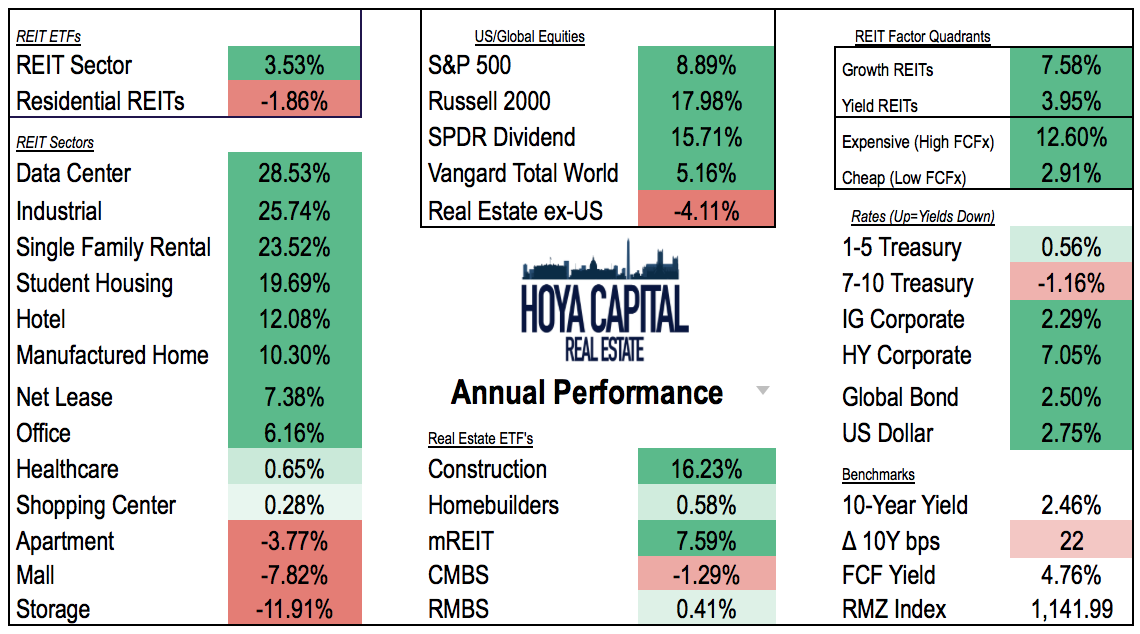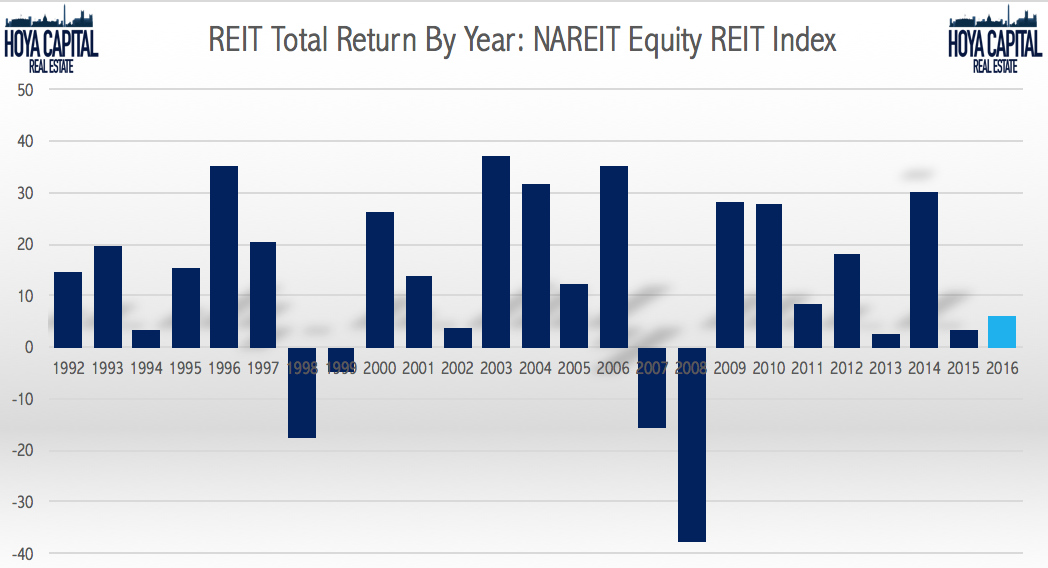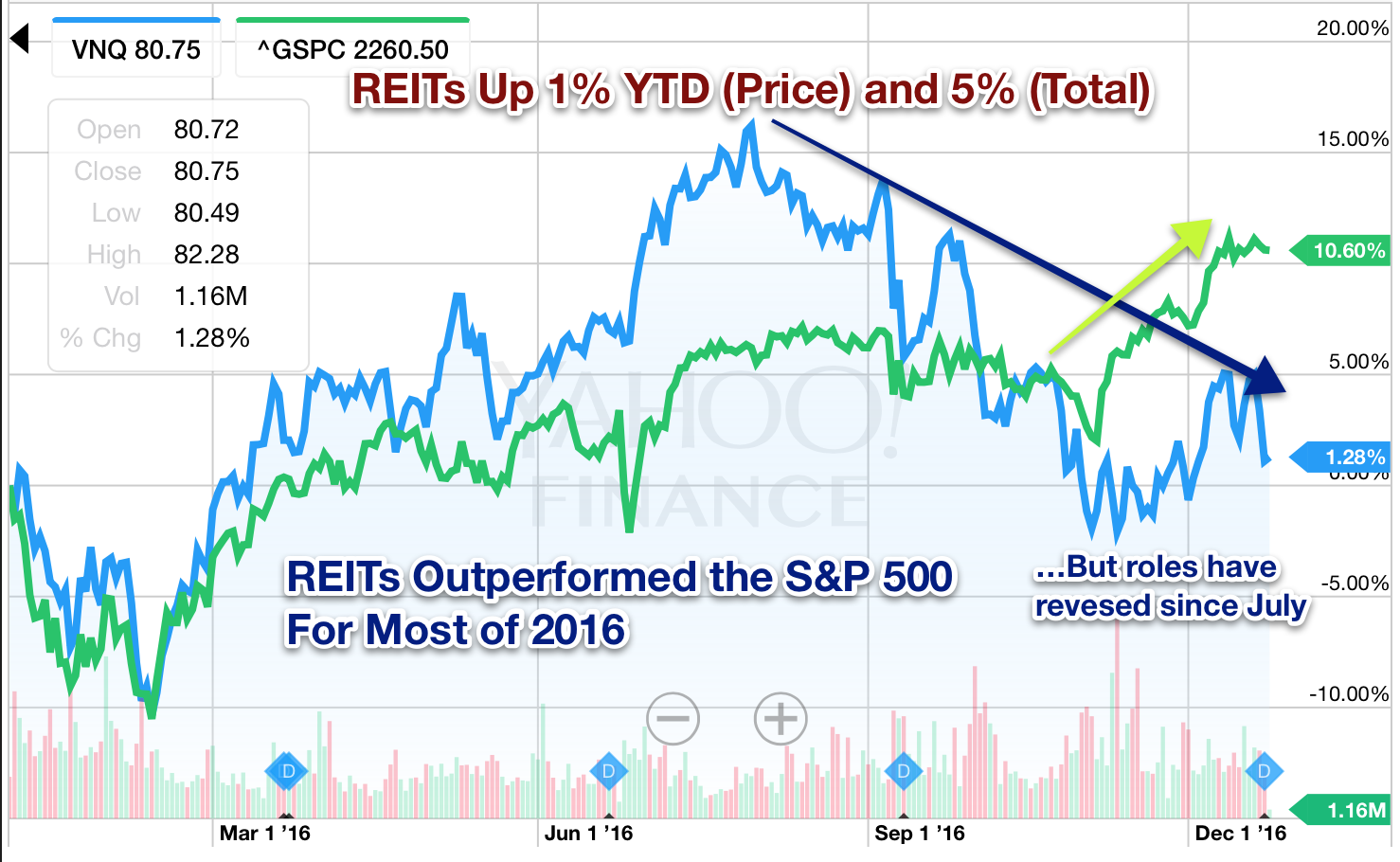Hi Guys,
While 20
16 was not a banner year it did allow most investors to increase their portfolio value. And women once again outdistanced men in that task. How do I know? Here's a Link to a quick report that accessed individual's portfolios as its data source.
http://money.cnn.com/2016/12/30/investing/stock-market-2016-women-beat-men/index.htmlThat's the good news. But all is not sweetness and light. Certainly not; here is a Link to a 20
17 market forecast by a group of economists that project a devastating dive:
http://thesovereigninvestor.com/exclusives/80-stock-market-crash-to-strike-in-2016/The somewhat good news here is that the forecast was made by a bevy of economists, and everyone knows their poor score at the forecasting business. Wow! An 80% downfall is a gutsy and dire projection. Is it possible? I suppose so, but highly unlikely from an historic perspective.
Why does an economist risk his reputation with such a forecast that challenges the more normal returns? Is it technical or emotional? I suspect it just might.be a play for fame. If he's right he claims immediate prescience fame; if he's wrong, his outlandish forecast will be quickly forgotten. The rewards are asymmetric in payoffs and encourage outside-the-normal forecasts.
The weakness in my argument is that this group of economists are really very famous already. They don't need more attention, although a subset of them are pessimistic by nature.
Do I believe this dire forecast, and will respond accordingly? Absolutely not. I only referenced it to be fair and balanced in my post. You folks get to choose for yourself. I will greatly appreciate any and all comments regarding your .20
17 forecasts.
Will I act on any one forecast? Absolutely not? Your individual guesstimate is no better and probably less so than any economist. But a group assessment is likely superior to most individual estimates. Averaging the projections just might be a worthwhile and profitable task.
The sad part of this specific averaging process is that it also applies to the band of reported negative economists also. I guess uncertainty in investing is a constant and never easy in terms of decision making.
Best Regards.




